Everyone dreams of retiring early. However, it usually stops there. If you are serious about early retirement, you need to consider what steps to take to make it happen. So, if you plan to stop working in the next decade, here are 10 steps to take to retire in the next 10 years.
10 Steps to Take to Retire in 10 Years
1. Assess your budget.
The first step is to evaluate your budget. You can figure out your current budget by calculating your monthly take-home and expenses. Once you know where you stand, then you can take measures to ensure you are living below your means. Find ways to trim your budget and increase the amount you save every month to retire early. The more you save, the more money you can contribute toward your retirement goals.
2. Determine your retirement budget.
After you know your current budget, the next step is to determine your monthly budget after retirement. You’ll need this figure to help you set a goal for how much you will need to last you through your golden years. Once you calculate what you expect your retirement budget to be, you can plan accordingly.
3. Calculate your cost of living.
To help you figure out what your retirement budget should be, you need to decide where you want to live and what kind of lifestyle you want to lead.
Do you want to stay in your own home, or would you prefer to move somewhere smaller? Would a retirement community offer more benefits? Or, could you afford a better quality of life somewhere else? Once you answer this question, you can easily estimate the fixed expenses for housing, property taxes, utilities, and inflation.
However, don’t forget to account for variable expenses like food, transportation, health care, repairs, and entertainment. These will also be important factors that affect your cost of living and quality of life.
If you aren’t on track to retire in 10 years, you may need to consider ways to cut your cost of living. This could mean finding ways to downsize, moving to a tax-friendly state, or even moving to another country to maximize your retirement income. And don’t forget, the earlier you retire, the more you will need to save.
4. Review your income streams.
Even though you are retired, you will need to have money coming in to pay your bills. Therefore, you should review your income streams during retirement and adjust your budget accordingly.
To do this, you can start by tallying up all your sources of income. This should include your Social Security benefits and all your savings from retirement accounts and pension plans. Don’t forget to include any additional cash flow you will receive when you sell off valuable assets like your home. And, you will need to include any passive income streams as well.
5. Figure out your Social Security income.
Although it won’t be enough to fund your entire retirement, your Social Security benefits will be an important source of income. The amount you receive largely depends on how much you contributed over the years and when you start taking your benefits. If you don’t know how much you have contributed or expect to receive, you can calculate your estimated benefits here
While you are eligible to start taking them at 62, you will receive more if you put it off. However, the benefits max out at 70. And keep in mind that spouses can take their benefits at different ages as well.
6. Optimize your retirement contributions.
Before you retire, squirrel away as much as you to give your savings plan a boost. Be sure to max out your retirement contributions, especially if your employer offers matching contributions. And those over 50 can contribute even more with “catch up” contributions. Optimizing these investment vehicles will afford you a more comfortable lifestyle post-retirement.
7. Adjust your investing strategy.
Not everyone wants to pay someone to manage their portfolio. But if you take a more hands-on approach to investing, you need to regularly check your portfolio’s performance and make adjustments when necessary.
One of the most critical times to do this is when you are preparing to retire. Many people become more risk averse as they near retirement. It makes sense though since you have less time to recover your money if you experience losses. So, they often adopt a more conservative strategy to preserve the nest egg. Sometimes, investors choose to sell off high-risk investments. Others decide to buy into funds that offer more diversification and distribute the potential risk. Both methods help mitigate the risk and protect your funds.
8. Pay off your debts.
Getting out of debt is hard enough when you have a salary. However, it becomes even more difficult if you are living on a fixed income. If your retirement expenses exceed your income, you could wind up outliving your savings. Therefore, don’t take on any new loans and work to pay off existing debt before you retire. It will be much easier to manage your finances if don’t have these liabilities.
9. Plan for long-term medical expenses.
For many workers, retirement benefits and pensions are becoming a thing of the past. Many jobs only offer water-downed health insurance, especially after you retire. So, it may be a good idea to look into long-term care insurance to assist with medical expenses.
This will be especially important for those with chronic illnesses and conditions that require regular treatment. Long-term care insurance will help cover assisted living and in-home care, if necessary. You could also use an HSA to help offset your healthcare expenses. Planning now could save you and your loved ones from medical debt.
10. Set clear goals.
No matter what you are trying to achieve in life, you need to have clear goals. They will help you focus on what matters most and motivate you to continue working toward it.
The same is true when you are planning for retirement. Start small and make saving money a habit with regular contributions to your savings, retirement, or brokerage accounts. The sooner you take action, the more time you have on your side.
It’s possible to retire in the next 10 years if you start saving now, but it will take a lot of effort and discipline. Talk to your financial planner to determine your most promising path forward.
Read More
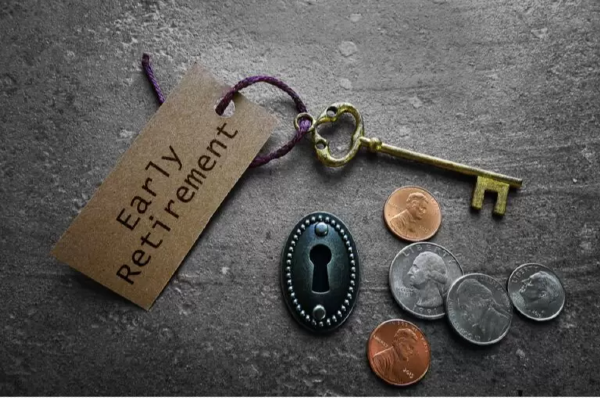



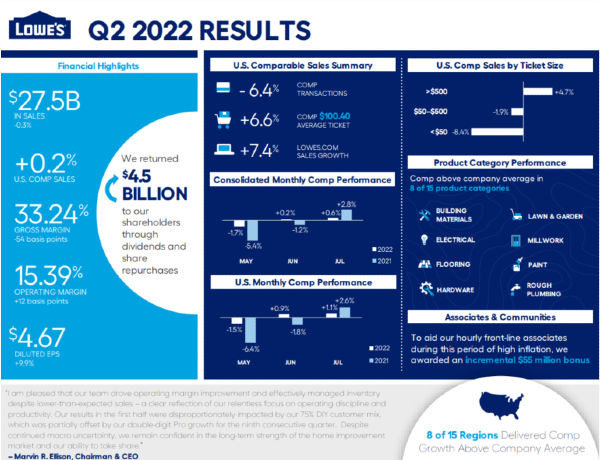




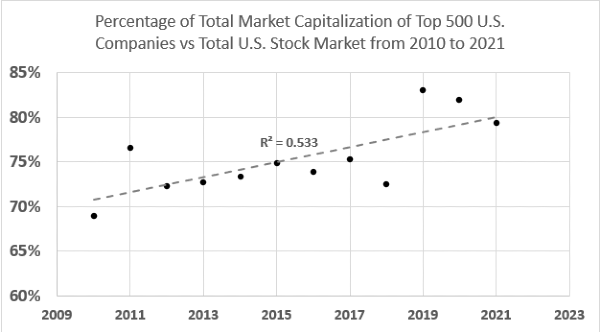








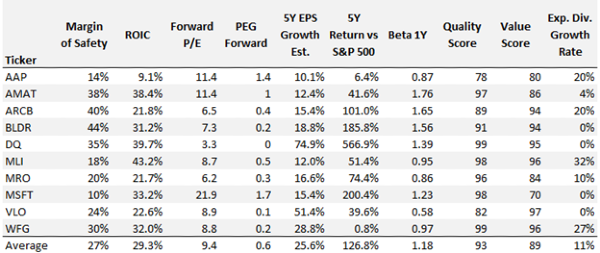

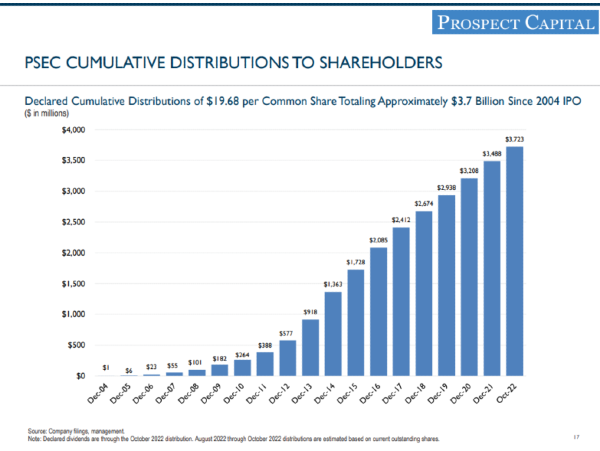









Everyone dreams of retiring early. However, it usually stops there. If you are serious about early retirement, you need to consider what steps to take to make it happen. So, if you plan to stop working in the next decade, here are 10 steps to take to retire in the next 10 years.
10 Steps to Take to Retire in 10 Years
1. Assess your budget. The first step is to evaluate your budget. You can figure out your current budget by calculating your monthly take-home and expenses. Once you know where you stand, then you can take measures to ensure you are living below your means. Find ways to trim your budget and increase the amount you save every month to retire early. The more you save, the more money you can contribute toward your retirement goals.
2. Determine your retirement budget. After you know your current budget, the next step is to determine your monthly budget after retirement. You’ll need this figure to help you set a goal for how much you will need to last you through your golden years. Once you calculate what you expect your retirement budget to be, you can plan accordingly.
3. Calculate your cost of living. To help you figure out what your retirement budget should be, you need to decide where you want to live and what kind of lifestyle you want to lead.
Do you want to stay in your own home, or would you prefer to move somewhere smaller? Would a retirement community offer more benefits? Or, could you afford a better quality of life somewhere else? Once you answer this question, you can easily estimate the fixed expenses for housing, property taxes, utilities, and inflation.
However, don’t forget to account for variable expenses like food, transportation, health care, repairs, and entertainment. These will also be important factors that affect your cost of living and quality of life.
If you aren’t on track to retire in 10 years, you may need to consider ways to cut your cost of living. This could mean finding ways to downsize, moving to a tax-friendly state, or even moving to another country to maximize your retirement income. And don’t forget, the earlier you retire, the more you will need to save.
4. Review your income streams. Even though you are retired, you will need to have money coming in to pay your bills. Therefore, you should review your income streams during retirement and adjust your budget accordingly.
To do this, you can start by tallying up all your sources of income. This should include your Social Security benefits and all your savings from retirement accounts and pension plans. Don’t forget to include any additional cash flow you will receive when you sell off valuable assets like your home. And, you will need to include any passive income streams as well.
5. Figure out your Social Security income. Although it won’t be enough to fund your entire retirement, your Social Security benefits will be an important source of income. The amount you receive largely depends on how much you contributed over the years and when you start taking your benefits. If you don’t know how much you have contributed or expect to receive, you can calculate your estimated benefits here
While you are eligible to start taking them at 62, you will receive more if you put it off. However, the benefits max out at 70. And keep in mind that spouses can take their benefits at different ages as well.
6. Optimize your retirement contributions. Before you retire, squirrel away as much as you to give your savings plan a boost. Be sure to max out your retirement contributions, especially if your employer offers matching contributions. And those over 50 can contribute even more with “catch up” contributions. Optimizing these investment vehicles will afford you a more comfortable lifestyle post-retirement.
7. Adjust your investing strategy. Not everyone wants to pay someone to manage their portfolio. But if you take a more hands-on approach to investing, you need to regularly check your portfolio’s performance and make adjustments when necessary.
One of the most critical times to do this is when you are preparing to retire. Many people become more risk averse as they near retirement. It makes sense though since you have less time to recover your money if you experience losses. So, they often adopt a more conservative strategy to preserve the nest egg. Sometimes, investors choose to sell off high-risk investments. Others decide to buy into funds that offer more diversification and distribute the potential risk. Both methods help mitigate the risk and protect your funds.
8. Pay off your debts. Getting out of debt is hard enough when you have a salary. However, it becomes even more difficult if you are living on a fixed income. If your retirement expenses exceed your income, you could wind up outliving your savings. Therefore, don’t take on any new loans and work to pay off existing debt before you retire. It will be much easier to manage your finances if don’t have these liabilities.
9. Plan for long-term medical expenses. For many workers, retirement benefits and pensions are becoming a thing of the past. Many jobs only offer water-downed health insurance, especially after you retire. So, it may be a good idea to look into long-term care insurance to assist with medical expenses.
This will be especially important for those with chronic illnesses and conditions that require regular treatment. Long-term care insurance will help cover assisted living and in-home care, if necessary. You could also use an HSA to help offset your healthcare expenses. Planning now could save you and your loved ones from medical debt.
10. Set clear goals. No matter what you are trying to achieve in life, you need to have clear goals. They will help you focus on what matters most and motivate you to continue working toward it.
The same is true when you are planning for retirement. Start small and make saving money a habit with regular contributions to your savings, retirement, or brokerage accounts. The sooner you take action, the more time you have on your side.
It’s possible to retire in the next 10 years if you start saving now, but it will take a lot of effort and discipline. Talk to your financial planner to determine your most promising path forward.
Read More
Originally Posted in budgetandinvest.com